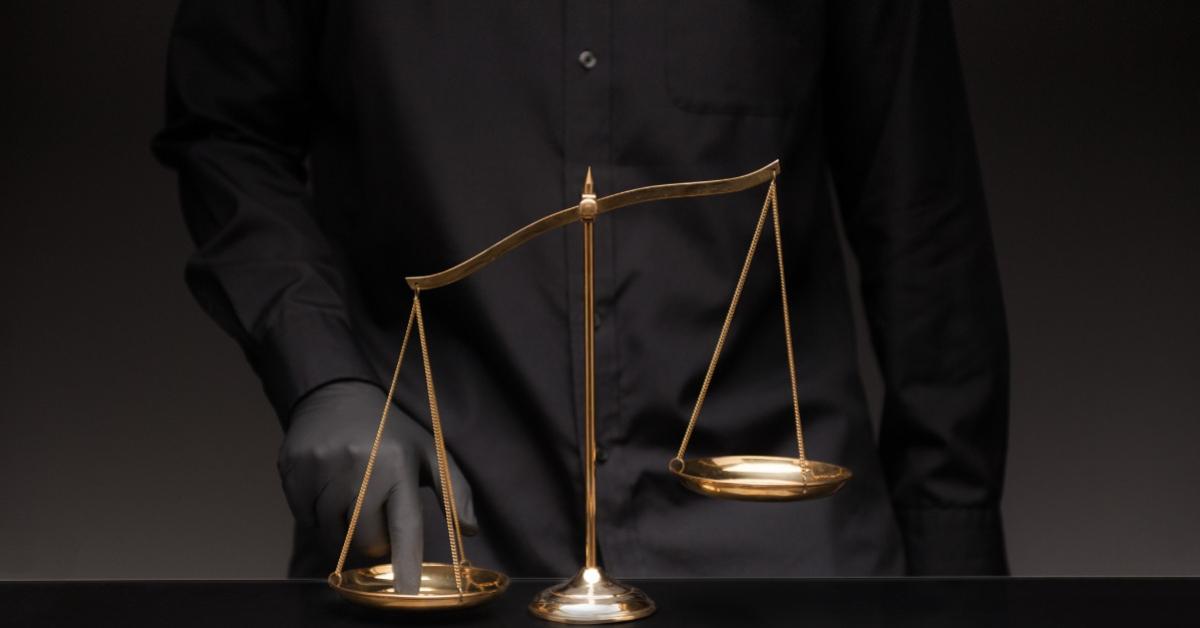Johan Smit wrote an opinion piece in which he highlighted the double standards of treatment in situations where the private sector was treated more harshly than the state when both parties committed similar offenses. To prove his point he referenced the Jagersfontein dam collapse and the Emfuleni Local Municipality’s chronic pollution of the Vaal River.
In the former example, the Department of Water and Sanitation’s (DWS) minister David Mahlobo stated that he would lay criminal charges against the owners of the Jagersfontein dam after its collapse. It should be noted that many compliance irregularities were found in the audits of the dam which were conducted prior to its collapse.
In the latter example, a report compiled by the South African Human Rights Commission (SAHRC) found that Emfuleni and others were the cause of the chronic sewage pollution of the Vaal River. However, in the case of Emfuleni, it appears that no action was taken despite the report.
According to Smit, such is the case because of section 139 of the South African constitution where it allows for the effective absolution of responsibility from municipalities by means of either provincial or national government taking over the responsibilities of a local municipality when the local municipality cannot fulfill its duties. Smit summarized his opinion piece in the following manner:
From Jagersfontein to UPL’s Cornubia and failing municipal sewerage systems, South Africa’s water disasters continue to mount. The Department of Water and Sanitation is supposed to police the sector, but DWS is both referee and player.
Given the above context, this is the question that I wish to answer: Is it a mere coincidence that there exist laws that effectively favor the state even in situations where the state fails to fulfill its duties?
The short answer is that no, it is not mere coincidence. My answer is based on the definition of the state according to Hans-Hermann Hoppe. In his essay “The Idea of a Private Law Society,” Hoppe defines the state as
an agency that possesses two unique characteristics. First, the state is an agency that exercises a territorial monopoly of ultimate decision-making. That is, it is the ultimate arbiter in every case of conflict, including conflicts involving itself, and it allows no appeal above and beyond itself. Furthermore, the state is an agency that exercises a territorial monopoly of taxation. That is, it is an agency that unilaterally fixes the price private citizens must pay for its provision of law and order.
The characteristic relevant here is the state’s possession of a territorial monopoly of ultimate decision-making, which has two implications. First, the state has the final word in every conflict that it arbitrates including conflicts involving itself. Second, and most important, the state can cause conflict in which it can rule in its own favor and create laws that favor itself. Hoppe explains that
the government is the ultimate judge in every case of conflict, including conflicts involving itself. Consequently, instead of merely preventing and resolving conflict, a monopolist of ultimate decision-making will also provoke conflict in order to settle it to his own advantage. That is, if one can only appeal to government for justice, justice will be perverted in the favor of government, constitutions and supreme courts notwithstanding. Indeed, these are government constitutions and courts, and whatever limitations on government action they may find is invariably decided by agents of the very same institution under consideration. . . . The idea of eternal and immutable law that must be discovered will disappear and be replaced by the idea of law as legislation—as flexible state-made law.
Given Hoppe’s definition of the state, the situation involving Emfuleni’s chronic pollution of the Vaal River with sewage has a logical outcome. Referencing section 139 of the South African constitution, higher forms of government, including provincial governments and the national government, can easily absolve Emfuleni’s responsibility while abstaining from holding those responsible for the pollution of the Vaal River because the state has the last word.
Furthermore, the SAHRC Act states that the SAHRC, an organization recognized by the South African constitution, can make recommendations to all organs of the state if the commission holds that such recommendations will promote human rights. However, there is no mention of such recommendations being binding for the state.
In the context of the pollution of the Vaal River, the SAHRC’s report lists many recommendations to the state. However, given the SAHRC Act, the state can effectively ignore such recommendations because they are not binding, which effectively puts the state in the position of having the final say.
The SAHRC Act and section 139 of the South African constitution are textbook examples of Hoppe’s claim that the state is a monopolist of ultimate decision-making. Furthermore, it is important to note the implication that justice will be perverted in favor of the state despite the existence of constitutions, courts, and agencies designed to deliver justice since those very institutions are created by the state. Such a scenario leads one to conclude that the state will create laws which favor it, creating unjust results.
[A version of this article was originally published at ManPatria.]



























